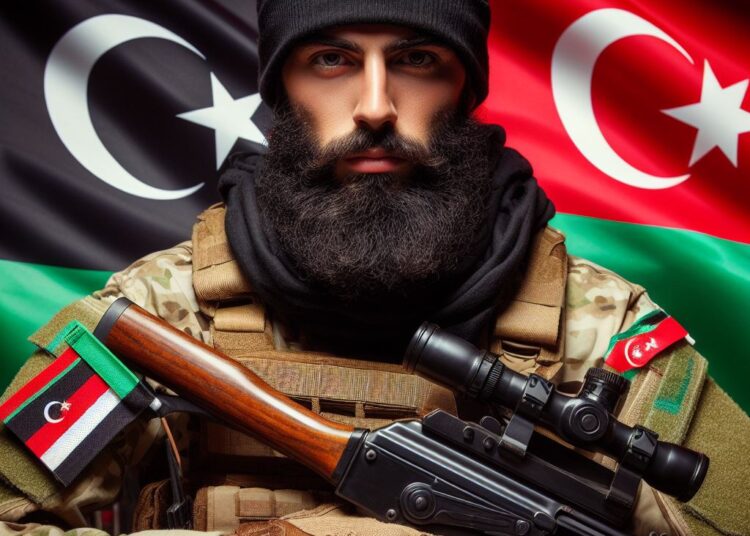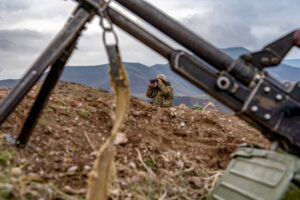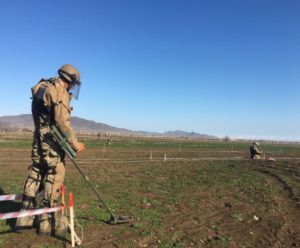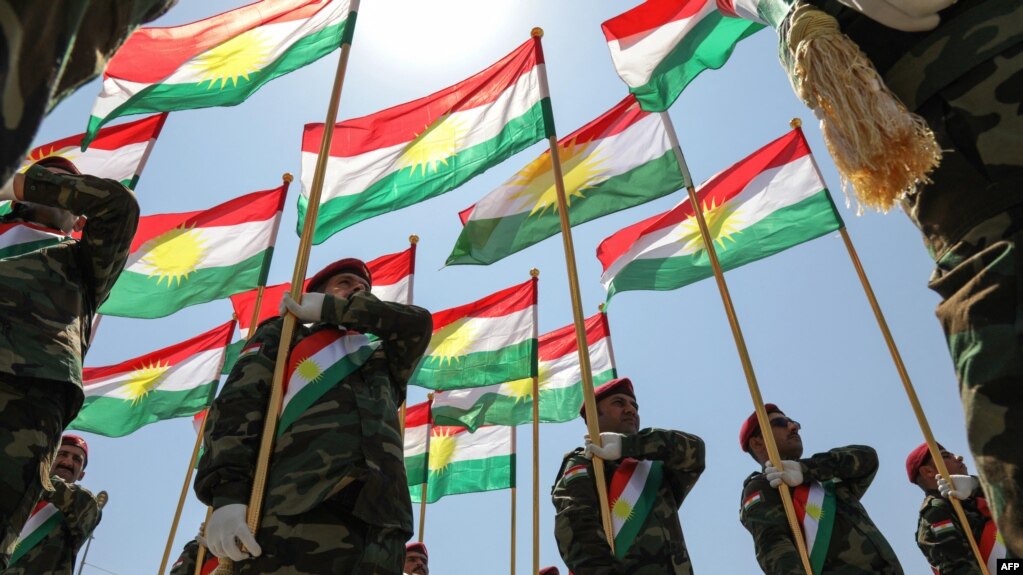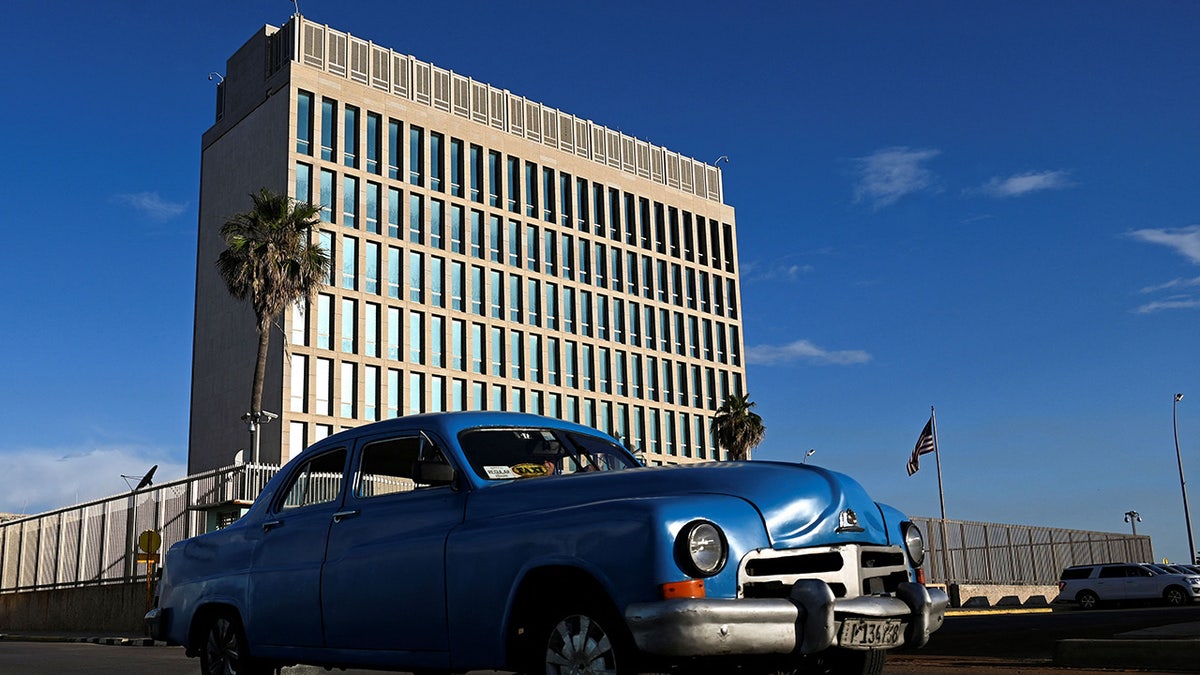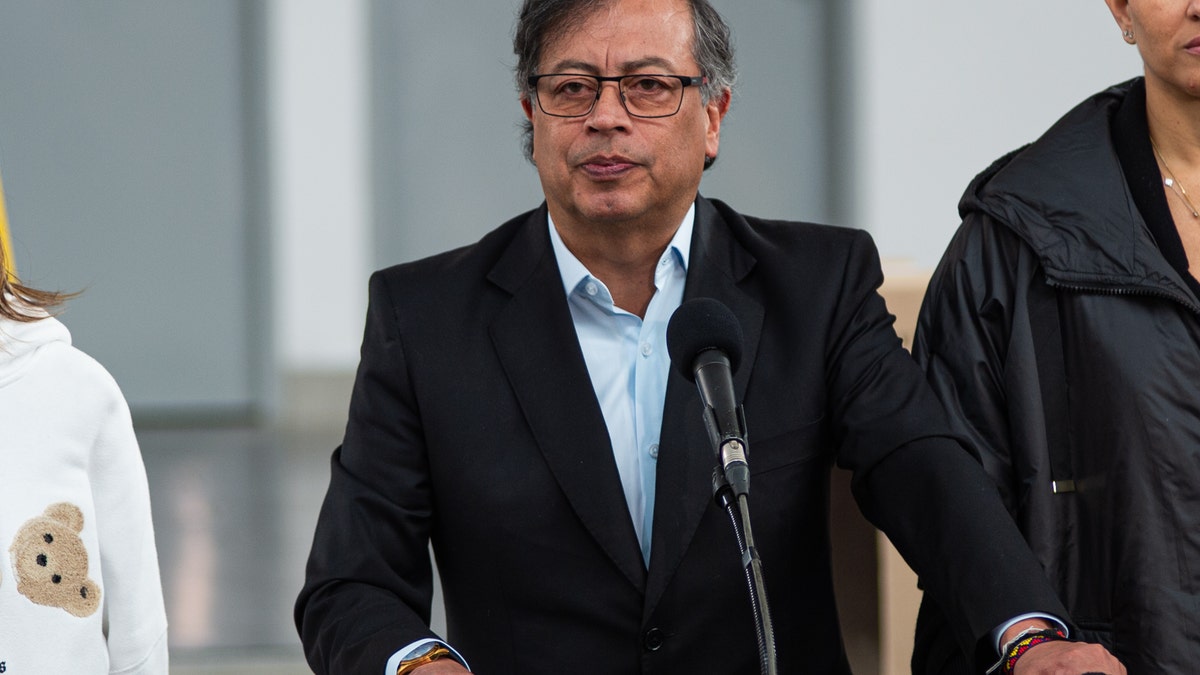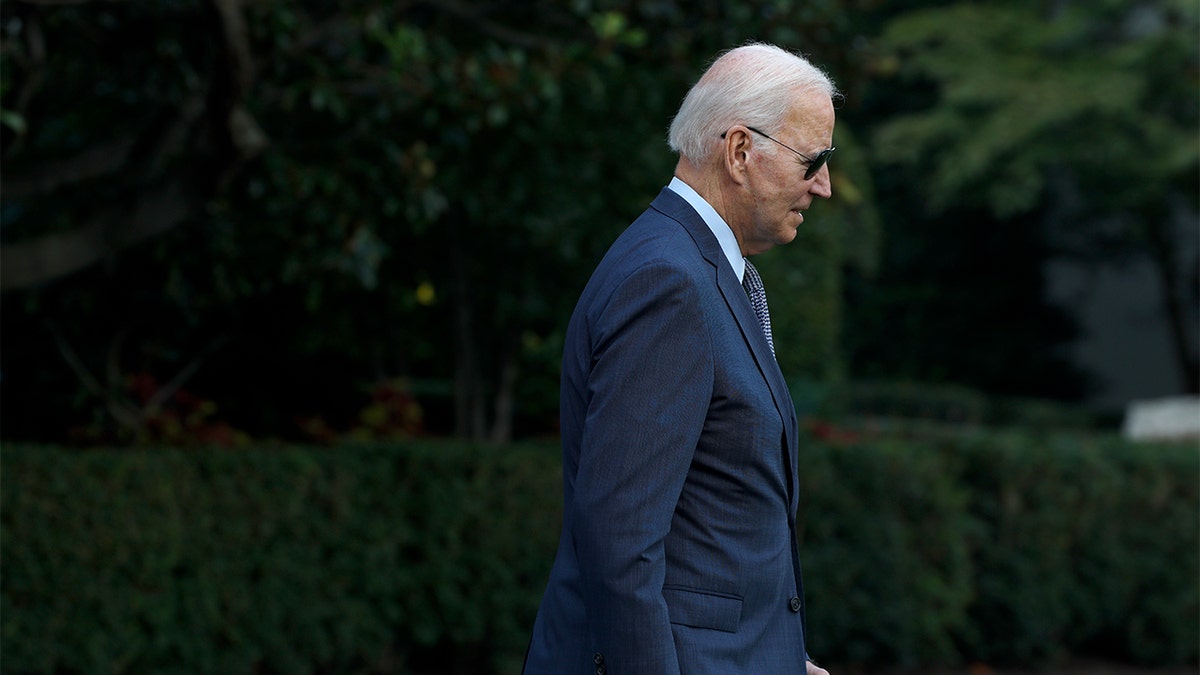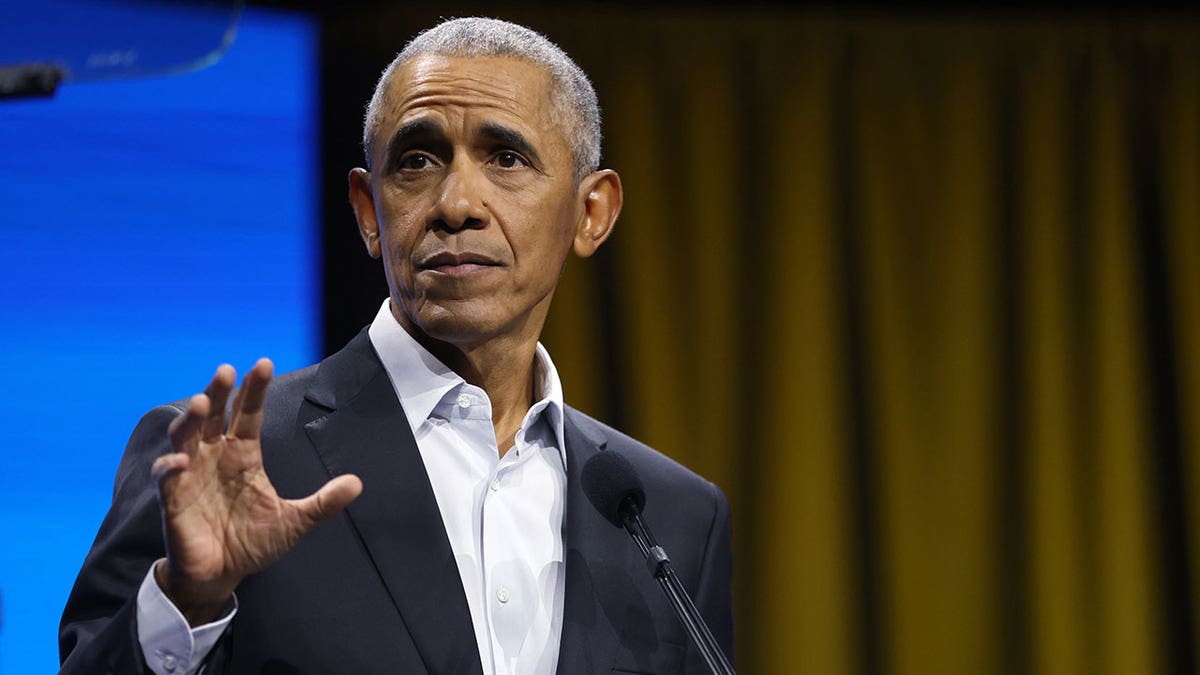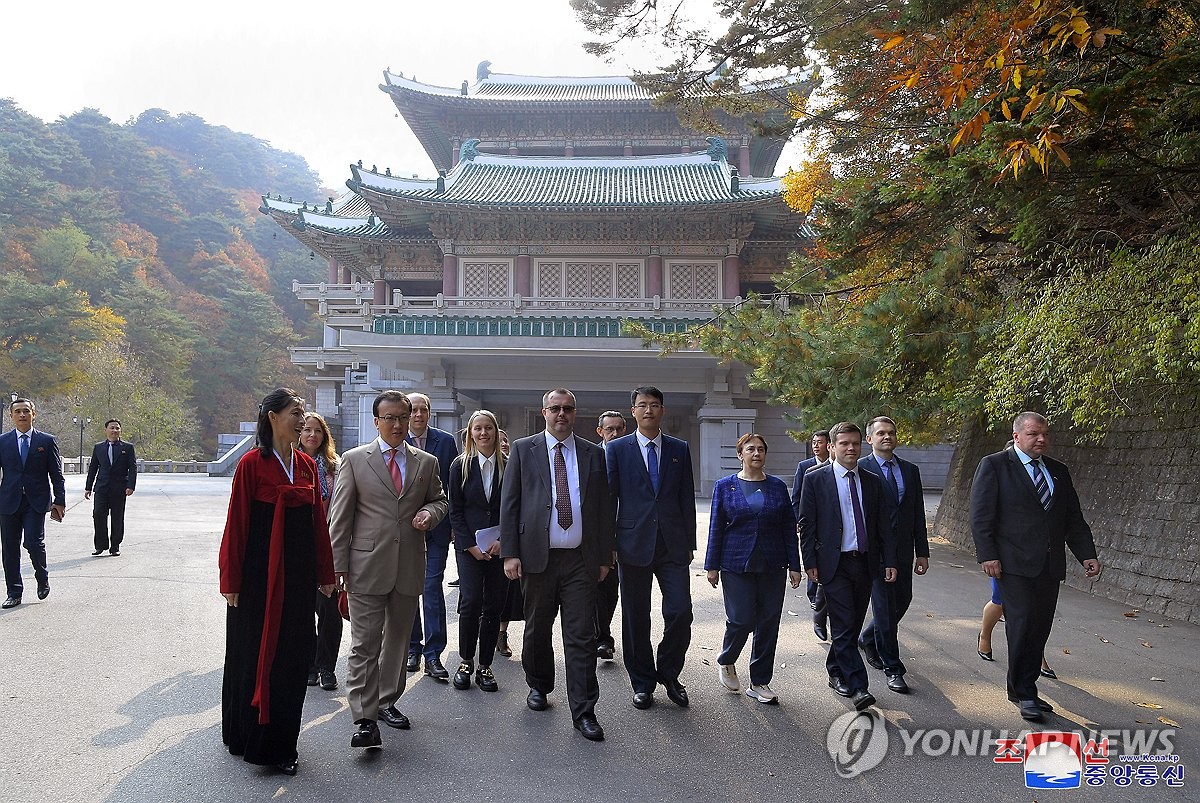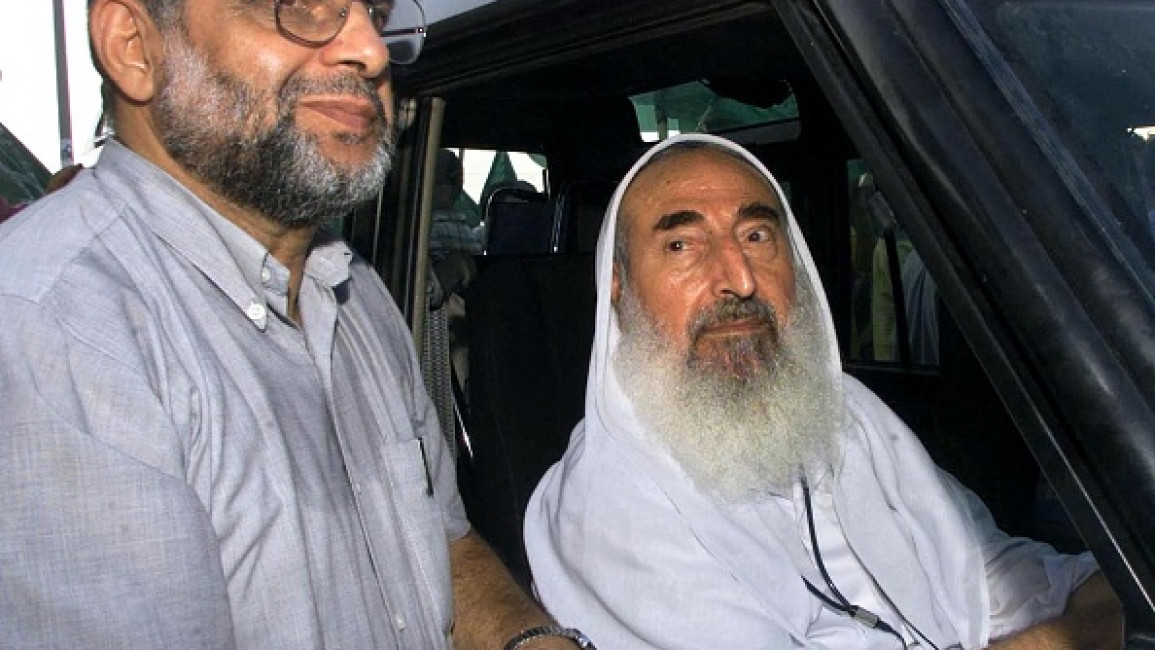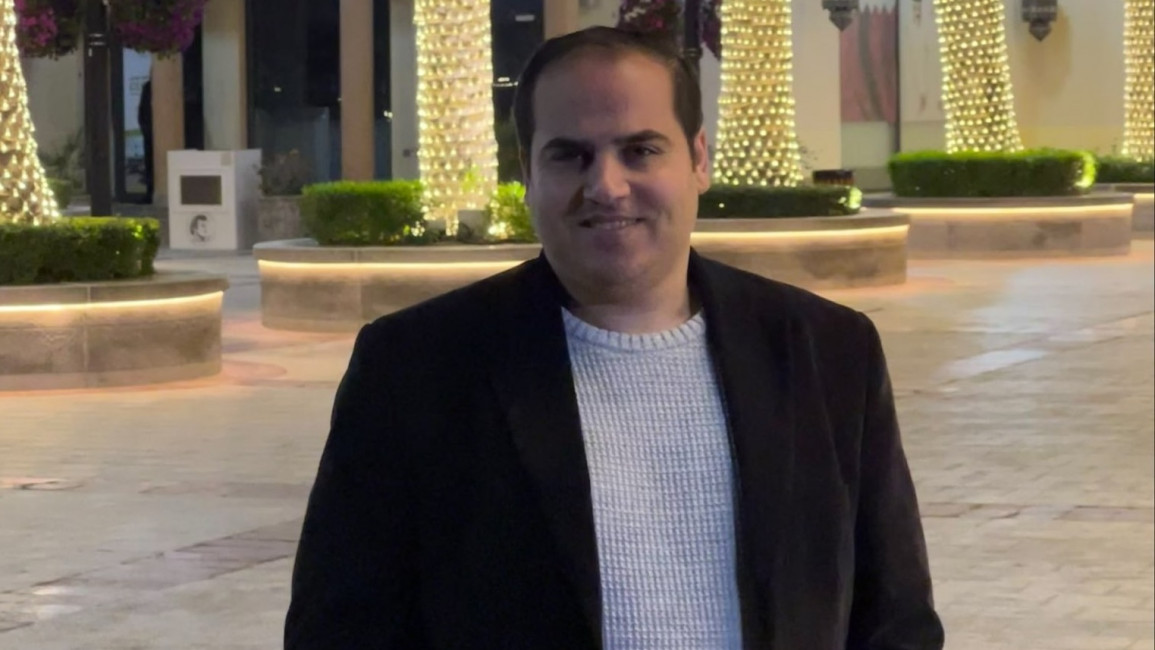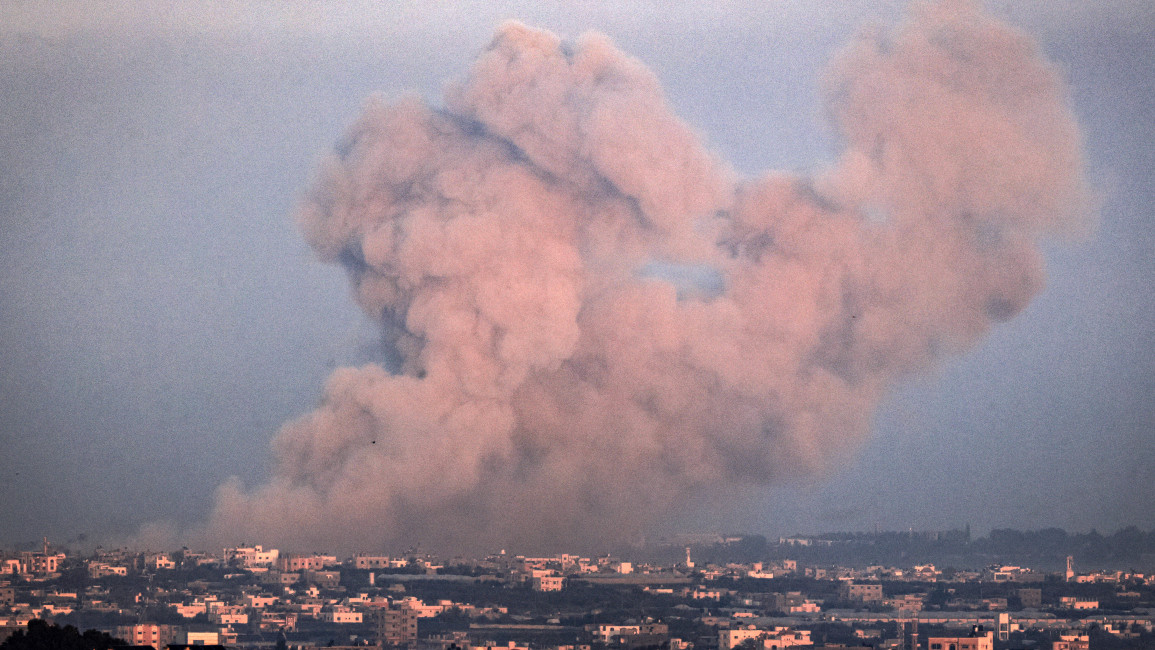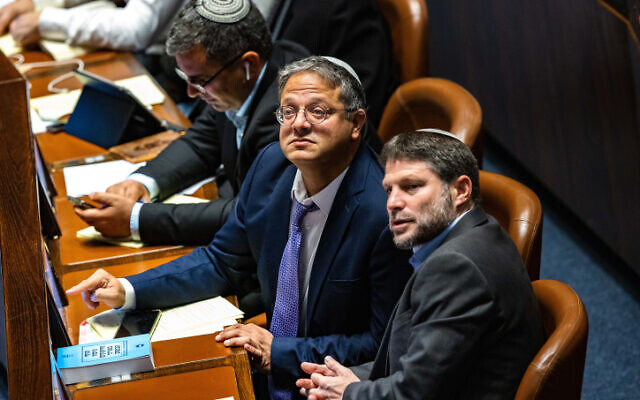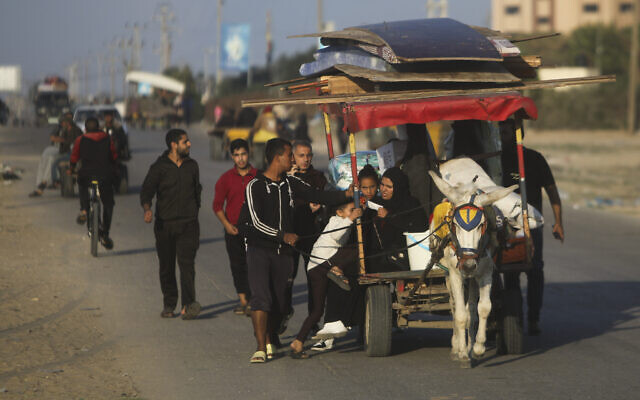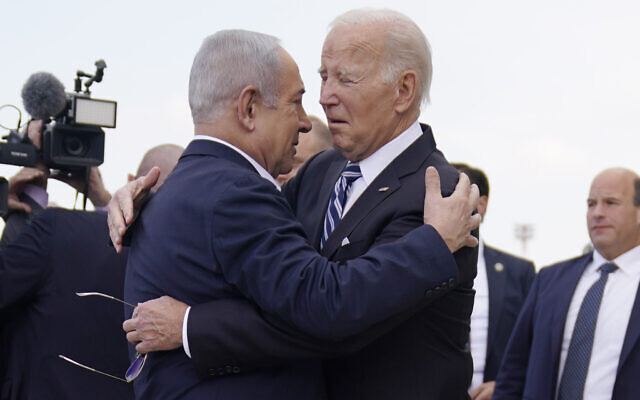December 28, 2023

Abdullah Bozkurt/Stockholm
Turkish intelligence services have conducted surveillance on an umbrella organization that promotes interfaith and intercultural dialogue in Germany, as revealed by confidential documents recently acquired by Nordic Monitor.
The focus of Turkish intelligence operatives is a Frankfurt-based nongovernmental organization known as the Bund Deutscher Dialog Institutionen (Federation of German Dialogue Institutions, BDDI) which comprises 15 NGOs situated in various cities across Germany.
The organization conducts workshops on outreach and dialogue activities among diverse faiths and cultures, bestows awards on prominent figures who have made significant contributions to the field and sponsors events aimed at fostering intercultural engagement within German society.
According to a document stamped “Secret” and dated November 7, 2023, an intelligence service referred to only as “Institution V” compiled a report detailing the organization and the individuals associated with it. The report was subsequently transmitted to other Turkish agencies for further action.
Institution V is believed to be a code name for the Foreign Ministry Security and Research Directorate (otherwise known as the intelligence section, or Araştırma ve Güvenlik İşleri Genel Müdürlüğü in Turkish), a secretive spy section of the Turkish Foreign Ministry.
The section is run by Fatma Ceren Yazgan, a longtime operative of Turkish intelligence agency MIT who played a pivotal role in profiling Turkish ambassadors and diplomats, ultimately leading to the removal of one-third of Turkish diplomats from the foreign service. Hakan Fidan, a former spymaster, appointed Yazgan to head the section after assuming the role of foreign minister in the summer of 2023.
The intelligence document triggered a sequence of actions against individuals associated with BDDI, including secret investigations initiated by the Turkish police based on fabricated criminal charges.
The intelligence document does not explicitly specify the number of individuals listed subjected to surveillance. However, the partial sharing of information with the police in Ankara revealed the names of 10 people, several of whom had no prior investigations in Turkey. Given that the intelligence was disseminated to six provincial police departments, it suggests a broader focus by Turkish intelligence on individuals based in Germany.
The intelligence document was accompanied by a cover letter from the Security General Directorate (Emniyet), signed by deputy department head Oğuz Keyfçi.
Expressing apparent concern over a possible leak of the document and its potential repercussions on the bilateral relations between Turkey and Germany, a NATO ally country, Keyfçi emphasized in bold font that the intelligence must be handled with the utmost secrecy. He cautioned recipients not to share the original documents but rather to use the content discreetly in their own communications. He underscored that the intelligence should be treated on a “need-to-know” basis and explicitly stated that it was “not to be shared with unauthorized people/institutions.”
Over the last decade, Germany, home to approximately 3 million Turks, has become the focus of an aggressive and heightened Turkish intelligence campaign. This campaign primarily targets critics and opponents of the government led by President Recep Tayyip Erdogan. The Turkish government also employs intelligence activities as a means of exerting influence on both foreign and domestic policies pursued by Germany.
A report released by the German federal government in July 2023 identified Turkey as the sole NATO ally that conducts espionage and intelligence activities on German soil, deemed a threat to Germany’s constitutional order and social cohesion and raising significant concerns about national security and the relationship between the two countries.
The 380-page report issued in July by the Federal Ministry of the Interior and Community (Bundesministerium des Innern und für Heimat, BMI) listed Turkey along with Russia, China, North Korea and Iran as “the main actors in espionage targeting Germany, cyber attacks directed by intelligence services, [arms] proliferation and influence operations.”

Fatma Ceren Yazgan, long-time Turkish intelligence operative who currently runs the spy section at the Foreign Ministry.
According to the report Turkey and others use their intelligence services to acquire information, exert influence, monitor their critics or pursue other interests, mainly because of Germany’s role in the EU, NATO and other international organizations.
In the view of the German interior ministry, the Turkish intelligence service and security authorities are integral parts of the Turkish government apparatus. They are seen as playing a crucial role in assisting President Erdogan and his ruling Justice and Development Party (AKP) in implementing their policy decisions.
The German interior ministry believes the large Turkish community in Germany presents unique opportunities for Turkish intelligence to gather information. It also underlined that the substantial diplomatic presence maintained by Turkey is another opportunity to obtain information in Germany. Nordic Monitor previously published secret Turkish government documents that revealed how the Turkish embassy and consulates were involved in spying activities in Germany with a primary focus on Erdogan government critics.
German authorities have responded to the intensified spying activities conducted on behalf of the Turkish intelligence services by taking action against operatives associated with the Erdogan government. This included legal measures against individuals such as a former advisor to President Erdogan.
According to the report Turkey and others use their intelligence services to acquire information, exert influence, monitor their critics or pursue other interests, mainly because of Germany’s role in the EU, NATO and other international organizations.
In the view of the German interior ministry, the Turkish intelligence service and security authorities are integral parts of the Turkish government apparatus. They are seen as playing a crucial role in assisting President Erdogan and his ruling Justice and Development Party (AKP) in implementing their policy decisions.
The German interior ministry believes the large Turkish community in Germany presents unique opportunities for Turkish intelligence to gather information. It also underlined that the substantial diplomatic presence maintained by Turkey is another opportunity to obtain information in Germany. Nordic Monitor previously published secret Turkish government documents that revealed how the Turkish embassy and consulates were involved in spying activities in Germany with a primary focus on Erdogan government critics.
German authorities have responded to the intensified spying activities conducted on behalf of the Turkish intelligence services by taking action against operatives associated with the Erdogan government. This included legal measures against individuals such as a former advisor to President Erdogan.
A Turkish national was convicted by the Düsseldorf Higher Regional Court on July 14, 2022 for acting as a intelligence agent and illegally acquiring and possessing ammunition. Similarly, the conviction of a German national on November 10, 2022 who acted as an informant for the Turkish intelligence service was another instance in which the Erdogan government was exposed for illegal spying activities on German soil.
In 2015 Germany’s federal attorney general charged Muhammet Taha Gergerlioğlu, a close advisor of Erdogan and a MIT operative, with espionage because he and two of his associates collected information on people of Turkish origin living in Germany who were critical of the Turkish government. Gergerlioğlu was later released as part of a political bargain between Turkey and Germany.
The BDDI’s advocacy for interfaith dialogue and outreach initiatives seems to have unsettled the Erdogan government, which has expressed opposition to such endeavors. President Erdogan has openly criticized interfaith dialogue efforts in the past, asserting that there cannot be a dialogue between Islam and Christianity. This sentiment was conveyed in a xenophobic speech he delivered to lawmakers in the Pakistani parliament in November 2016 during an official visit to the country.
At times, public prosecutors have cited engagement in interfaith dialogue with Jews and Christians as criminal evidence when levying accusations against critics of the government. An illustrative instance is found in an indictment submitted to a high criminal court in Istanbul on March 2, 2022. In this case, prosecutors alleged that the Gülen movement, a group opposed to the Erdogan government, had established dialogue with Jewish and Christian organizations globally rather than engaging with Muslim and Turkish entities.
The accusations were included in the indictment by Istanbul deputy chief prosecutors Bülent Başar and Zafer Koç as part of a government-led campaign to crack down on individuals suspected of being affiliated with the Gülen group.
Despite the absence of a legal provision in the Turkish Penal Code defining such activities as criminal, prosecutors persist in citing interfaith dialogue as evidence of alleged crimes. An example of this is seen in a 2015 indictment filed against Fethullah Gülen, the Turkish Muslim scholar residing in the US who inspired the movement. The indictment listed Gülen’s 1998 meeting with the pope at the Vatican as criminal evidence.
The BDDI is also associated with the Gülen movement.
